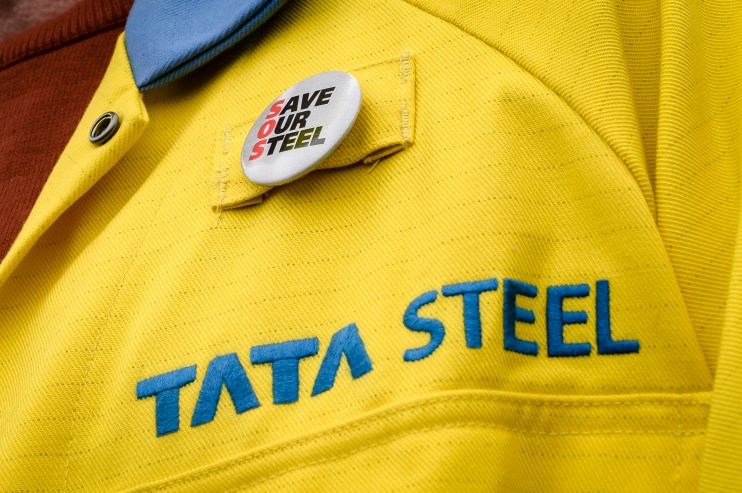3,000 jobs at risk as Tata Steel ‘presses ahead with plan to close furnaces’

Steel giant Tata is to press ahead with plans to close blast furnaces at its biggest plant, threatening more than 3,000 jobs, according to sources.
Unions were meeting the company on Thursday after presenting alternative proposals aimed at saving jobs in Port Talbot, south Wales.
Sources said Tata rejected the plan and were pressing ahead with proposals for a greener form of steelmaking to cut emissions and stem financial losses.
This is the second time in three months the company has mooted the closures, with November discussions amounting to an apparent stay of execution for the plants.
Unions will consult their members on how to respond to job losses, with industrial action not being ruled out.
Charlotte Brumpton-Childs, GMB national officer, described the closures as a potential “crushing blow” to Port Talbot and UK manufacturing.”
“It doesn’t have to be this way – unions provided a realistic, costed alternative that would rule out all compulsory redundancies,” she said.
“This plan appears to have fallen on deaf ears and now steelworkers and their families will suffer.”
David T C Davis, secretary of state for Wales and conservative MP for Monmouth could not be reached for comment.
Sources said Tata accepted a union plea to keep the hot strip mill open over a transition period, supporting hundreds more jobs.
A Tata Steel spokesperson said ahead of the meeting: “We have recently announced a joint agreement between Tata Steel and UK Government for a proposal to invest in state-of-the art Electric Arc Furnace steelmaking in Port Talbot.
“We are committed to meaningful information sharing and consultation with our trade union partners about the plan to develop sustainable steelmaking in the UK and to find solutions for concerns they may have.
“While those discussions are ongoing it would not be appropriate to comment further.”
The decision to close Tata rings hollow in the ears of some market analysts who make the case for steel plants being part of the green energy transition.
Jess Ralston, analyst at the Energy and Climate Intelligence Unit, (ECIU) said:
“There are around 40 green steel plants in Europe, which are moving away from older coal plants but keeping jobs in steel. Does the UK have a long-term, strategic plan for industry?”
“The UK industry will have to transition or face decline, these jobs did not have to be lost.”